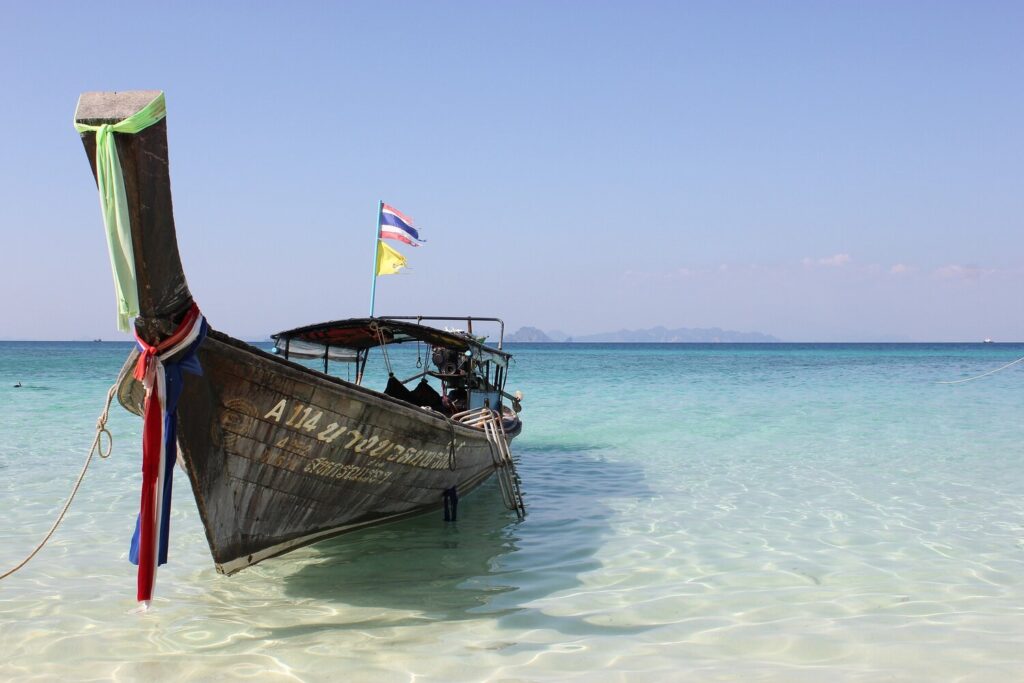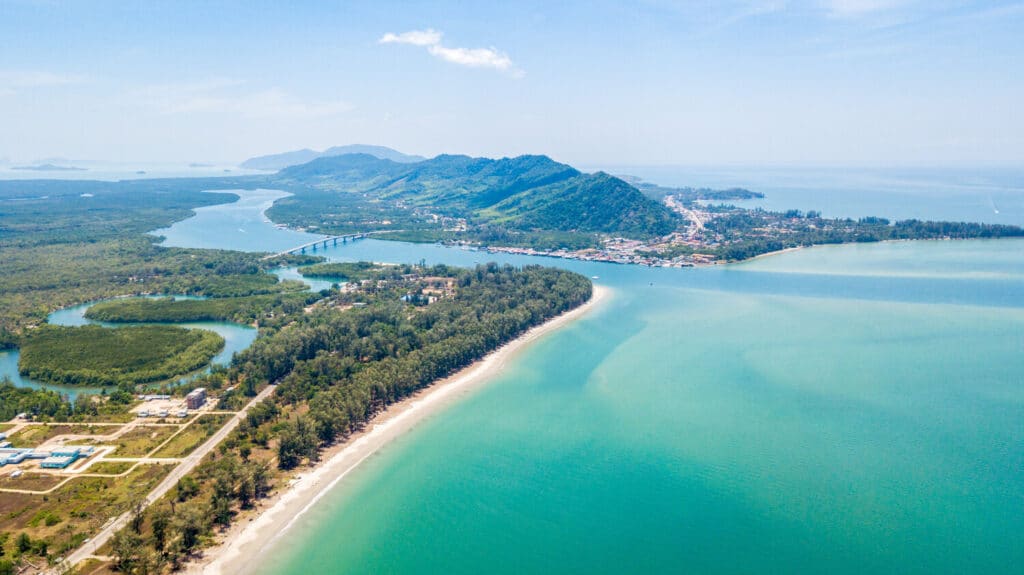
Thailand Has Just Extended Its Visa Stays for Tourists and Students
Thailand Has Just Extended Its Visa Stays for Tourists and Students: Here’s Everything You Need to Know!
For tourists, students, digital nomads, and retirees, visiting and living in Thailand just got a whole lot sweeter. In an attempt to increase tourism, Thailand has just decided to implement new visa regulations that will allow tourists from 93 countries to stay in the country for up to 60 days. This is an increase from 57 countries before the new changes to visa policy were approved. New countries added to the visa waiver list, making them eligible for a 60-day stay, include Laos, Cambodia, Mongolia, Macau, Russia, and China.
Other countries that will no longer need to apply for a visa outside of the country and also now get 60 days on arrival include Ecuador, Morocco, Tonga, Kosovo, Panama, Sri Lanka, Jamaica, Jordan, Uruguay, Cuba, Trinidad and Tobago, Croatia, Albania, Dominica, and the Dominican Republic.
Finally, Papua New Guinea, Romania, Uzbekistan, Taiwan, Georgia, Fiji, Cyprus, Bulgaria, Malta, Mexico, Kazakhstan, and India previously received a 30-day visa stamp on arrival, and these countries can now receive a 60-day stamp.
In addition to allowing more tourists to enter visa free, Thailand is also permitting foreign students pursuing a Bachelor’s degree or higher with a Non-Immigrant Visa (ED) to remain in Thailand for up to one year after graduation and easing insurance requirements for foreigners hoping to retire in Thailand.
The New Destination Thailand Visa
The most exciting change for digital nomads is the announcement of a new Destination Thailand Visa (DTV) that requires a fee of 10,000 Thai baht (USD 270) and will allow digital nomads, freelancers, skilled foreign talent, and those engaging in activities such as cooking, medical treatment, seminars, sports training, Muay Thai, and arts and music to remain in the country for a maximum of 5 years, with stays of up to 180 days at a time. The 180-day stay can be extended for another 180 days one time for an additional fee of 10,000 baht. The new DTV visa requires 500,000 Thai baht (USD 13,650) to support children and spouses. Income requirements and tax liabilities for this new visa category have not yet been announced.
Previously, the Long-Term Residents (LTV) “Work-from-Thailand” visa was considered the equivalent of the digital nomad visa, but it mandates a minimum average personal income of USD 80,000 per year and health insurance coverage. Perhaps, the new DTV visa will be a better fit for digital nomads looking for a place to stay but not live for the entire year. It should be mentioned here that, as of 2024, Thailand will start taxing all foreign income in 2024 of anyone who remains in Thailand for more than 180 days.
Thailand’s new visa rules go into effect from June 1, 2024. In 2019, Thailand received a total of 39.9 million tourists. With the new visa rules, the country is now hoping to bolster the economy by breaking tourism records in 2024 and increasing its community of foreign residents










Responses